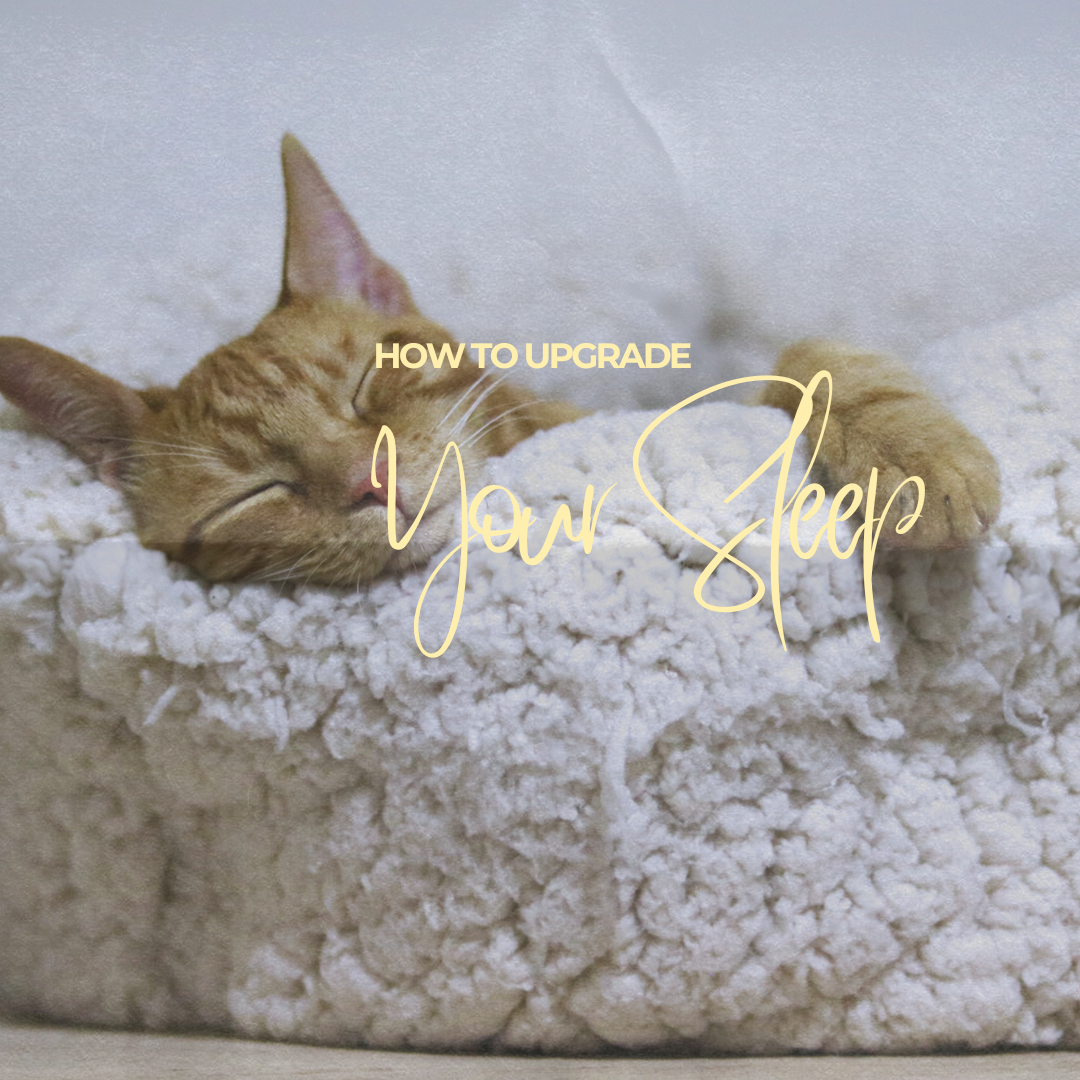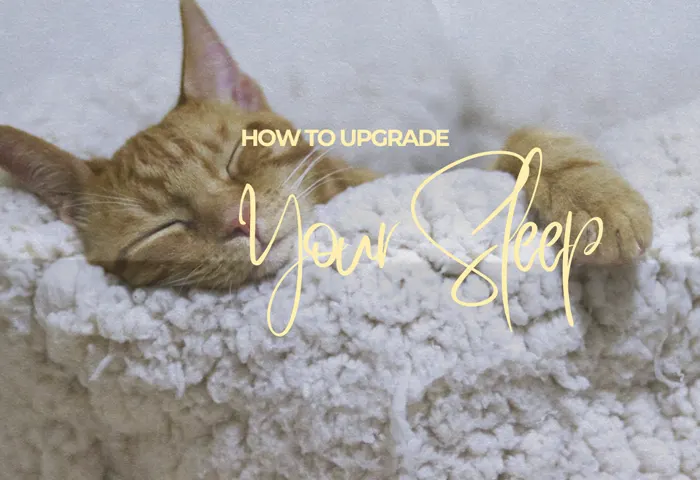Stress Sleep Connection Part II: Upgrade Your Sleep and Break Stress Cycles
Stress-sleep connection is a crucial yet often overlooked factor in improving sleep quality. If you haven’t already, make sure you go back and read part I of this series! Now, let’s dive into the elephant in the room—stress—and how it affects your ability to rest and recover.
Understanding the Stress Sleep Connection

Stress sleep connection is powerful because your body doesn’t distinguish between different types of stress. Whether you’re stuck in traffic, facing a looming deadline, or experiencing a real threat, your body reacts similarly: activating the stress response. This reaction floods your system with cortisol, a hormone that, when elevated at inappropriate times, can wreak havoc on your sleep patterns.
Moreover, perceived stress isn’t always obvious. For example, poor blood sugar regulation acts as a hidden stressor. When your blood sugar dips too low, your body perceives this as a crisis and (Stress-sleep connection) releases cortisol to mobilize energy. If this happens repeatedly throughout the day, your cortisol levels remain elevated, making it difficult to fall asleep or maintain restful sleep at night.
When life’s external stressors combine with internal stress like blood sugar imbalances, you create a perfect storm that disrupts your sleep and recovery.
Managing Stress to Improve Sleep
Addressing stress sleep connection requires personal reflection and action. The first step is acknowledging that stress may be a real barrier to your sleep quality. Once you recognize this, seek support from a qualified practitioner or coach who can help you develop strategies tailored to your needs.
Sleep Hygiene: More Than Just Cleanliness
Sleep hygiene refers to the habits and practices you engage in before bedtime that prepare your body and mind for restful sleep. Poor sleep hygiene can sabotage even the best intentions.
Ons for a good night’s rest.
If you’re working on a stressful task right before bed, your mind remains active and alert, making it difficult to unwind. Instead, create a calming pre-sleep routine that allows your nervous system to relax before you get into bed.
Some effective sleep hygiene practices include:
-
Discontinuing screen use (smartphones, computers, TVs) at least 60 minutes before bedtime. Instead, try reading a book, journaling, or planning your next day using pen and paper.
-
If screen use is unavoidable, wear blue-light blocking glasses to reduce the impact of blue light on your circadian rhythm.
-
Drinking relaxing herbal teas, such as passionflower, chamomile, tulsi, or ashwagandha, promotes nervous system calmness.
-
Magnesium supplements are used to support muscle relaxation and nervous system balance. Consult a qualified practitioner to find the right type and dosage for you.
You may notice that melatonin is not included here. That’s intentional. Melatonin is a hormone your body produces naturally to signal sleep, but if you rely on supplements, it may indicate that stress and cortisol imbalance are the root causes of your sleep difficulties. Since cortisol and melatonin cannot coexist at high levels simultaneously, addressing stress is key to restoring natural sleep rhythms.
Practical Techniques to Enhance Relaxation and Improve the Stress Sleep Connection
Understanding the stress sleep connection is key to improving your sleep quality. Alongside managing stress and practicing good sleep hygiene, incorporating relaxation techniques into your evening routine can help calm your nervous system and reduce the impact of stress on your rest.
Deep Breathing Exercises:
Simple breathing techniques, such as diaphragmatic breathing or the 4-7-8 method, can activate the parasympathetic nervous system, promoting relaxation. These exercises are effective tools for addressing the stress sleep connection by lowering cortisol levels and preparing your body for sleep.
Progressive Muscle Relaxation:
Tensing and relaxing muscle groups progressively helps release physical tension accumulated from daily stressors. This practice supports breaking the stress sleep connection by signaling your body to unwind and transition into a restful state.
Mindfulness Meditation:
Mindfulness meditation encourages focusing on the present moment without judgment. This practice can reduce racing thoughts and anxiety, common barriers linked to the stress sleep connection. Even a brief 5-10 minute session before bed can make a significant difference.
Aromatherapy:
Scents like lavender and chamomile are known to promote relaxation and improve sleep quality. Using essential oils can create a calming environment that supports overcoming the challenges posed by the stress sleep connection.
 Creating a Sleep-Friendly Environment to Support the Stress Sleep Connection
Creating a Sleep-Friendly Environment to Support the Stress Sleep Connection
Your bedroom environment plays a crucial role in managing the stress sleep connection. Keeping the room cool, minimizing noise and light, investing in comfortable bedding, and limiting electronic devices can all help foster better sleep and reduce stress-related disruptions.
Building consistency in your sleep schedule and incorporating these relaxation techniques can help you effectively manage the stress sleep connection and enjoy more restorative nights.
If you haven’t already, make sure you go back and read part i!


 Creating a Sleep-Friendly Environment to Support the Stress Sleep Connection
Creating a Sleep-Friendly Environment to Support the Stress Sleep Connection

